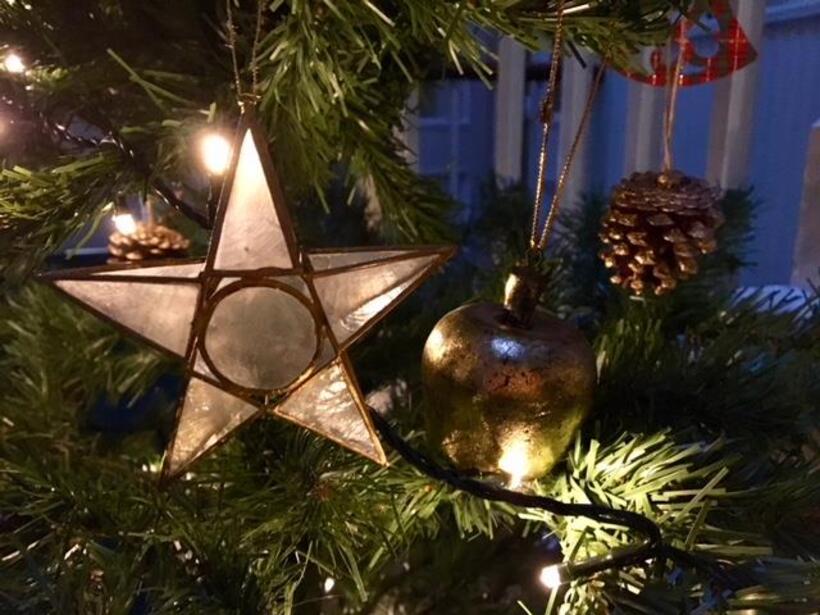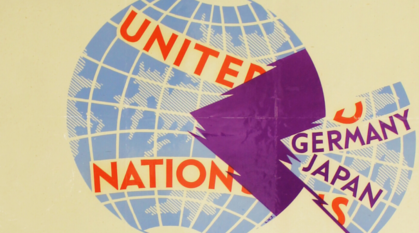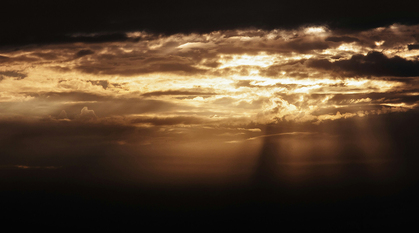Times and seasons: A Quaker reflection on Christmas
Gill Sewell reflects on the Quaker tradition of not marking 'times and seasons' and finding the holy in the every day.

Early Quakers did not observe Christmas nor mark other 'times and seasons'. They believed that no day was more holy than any other, and believed that each day, and all of life, was sacred (Quaker faith & practice 27.39 and 27.42). Today, as with so many things in the Quaker community, there is a full spectrum of practices and responses.
There are those who do the full Christian event to mark the birth of Jesus with candles, carols, presents and Christmas pudding, and others who will observe simply and quietly. There are also those who will choose not to mark this Christmas season in any way, but who nonetheless give daily witness to their faith.
Whilst I experience this sense of the 'sacred always' I do, like many Quakers, find times and seasons helpful markers from which to reflect and rejoice. I delight in the new spring buds, the crisp autumn leaves, the wisps of breath on a cold winter morning. I celebrate Easter as a time of new beginnings and advent as a time of deepening darkness with the promise of new light to follow.
The ordinary moments of each day
New Year is like the turning of a page and the chance to consciously approach a new chapter in my life, with renewed intentions. I find the sacred manifests itself in laughter in the office, good music on my headphones, shared meals at home, and Sunday evenings with six of us on the sofas watching Blue Planet II. In these ordinary moments of the day I can be reminded of the divine. Watching specks of dust dance in the sunlight – in the small things of the universe – I am reminded of my belonging in the cosmos and my part in being love and light. With Christmas approaching I mark the Sundays of advent – knowing that (in the northern hemisphere) the shortest day approaches.
Earlier humans have marked this passage of the sun/moon as sacred with such festivals as Yule – later supplanted by the Christian Christmas festival. I engage with this reminder of birth in the darkest days, heralding the arrival of life, and life more abundant, in the months to come. Advent reminds me too that in the darkness there are moments for hibernation and reflection, so that when the daylight comes I have a readiness to turn to face the sun.
Celebrating in community
We humans want to celebrate in community, perhaps remember those who've died, perhaps to celebrate new and burgeoning relationships – and also our sense of belonging. Recognising too, that for some there may be little to celebrate – in poverty, isolation or war-torn zones. Globally the world has perhaps held too much darkness this year with several political leaders unable to beam shards of goodness and light.
As nights draw in, it is a reminder to me that I need to hold my spark of light faithfully and boldly, witnessing in the darker corners of my community. Holding and living by the Quaker testimonies of peace, simplicity and care of the environment remains a challenge in my preparations for a Christmas celebration. I make donations (including at the food bank), try to make good ethical choices with my purchases, and identify ways in which to share.
Quakers mark Christmas in different ways but I will spend Christmas Eve looking up at the stars and hoping fervently that the seven billion people on this planet will indeed show good will to one another.


